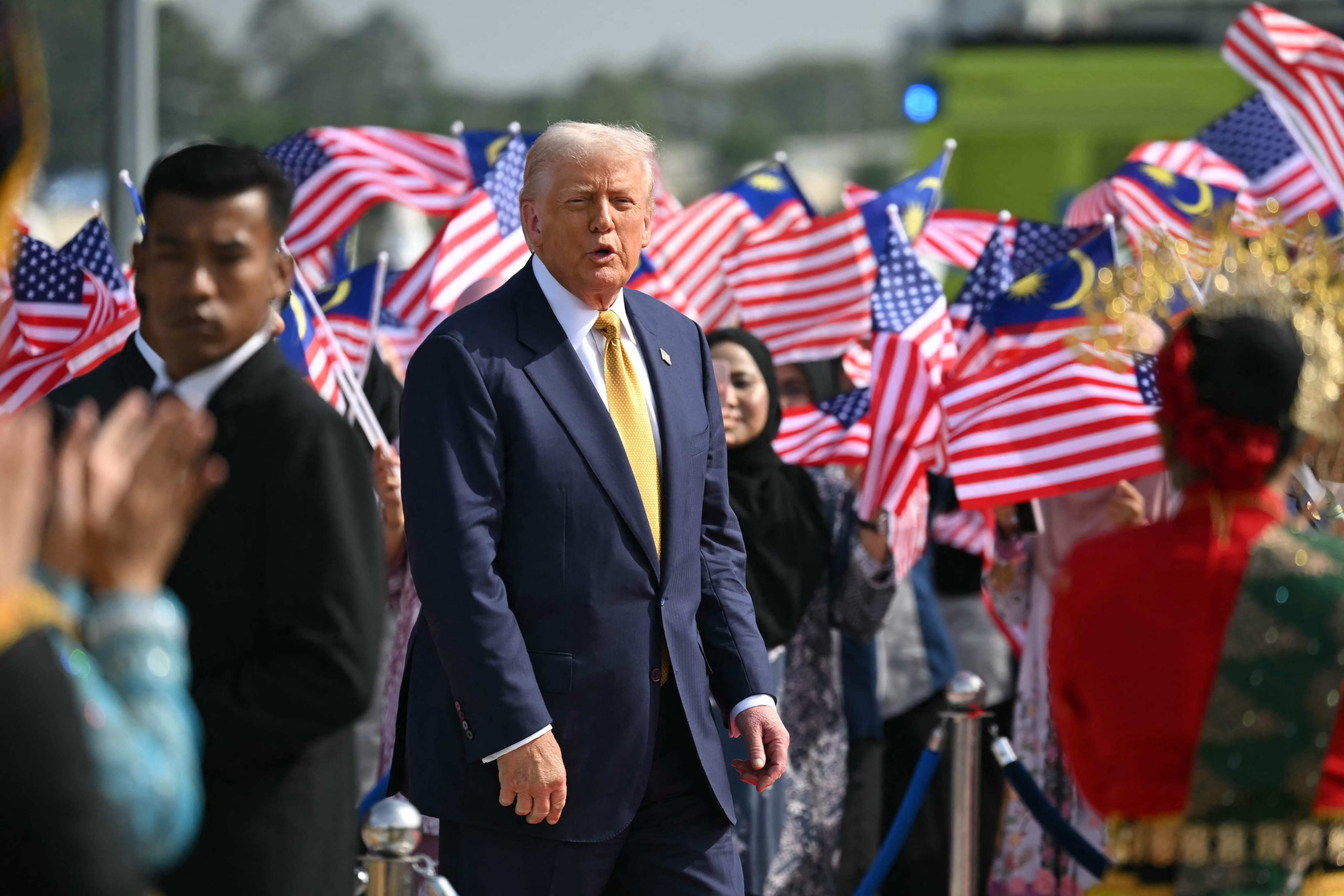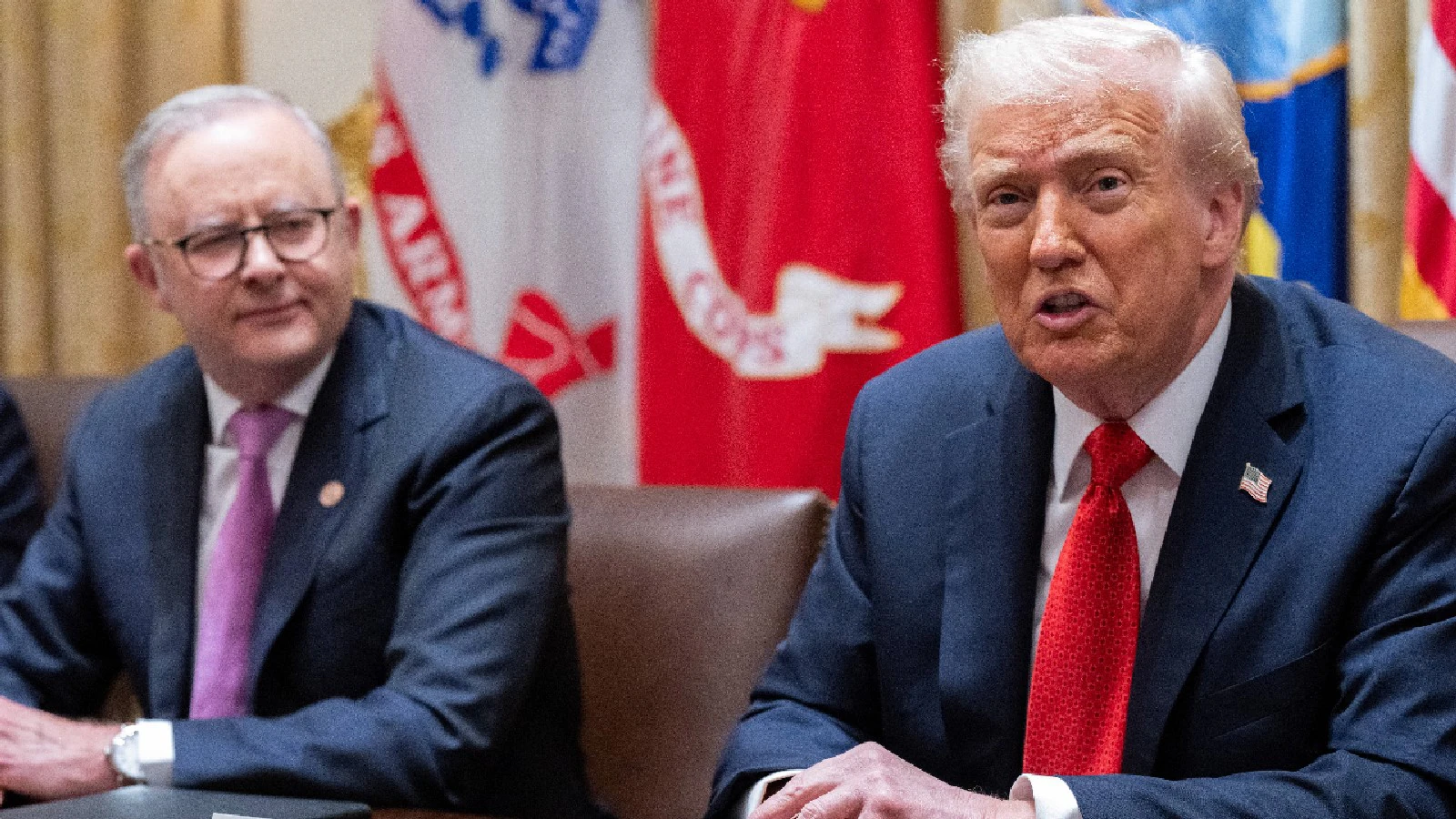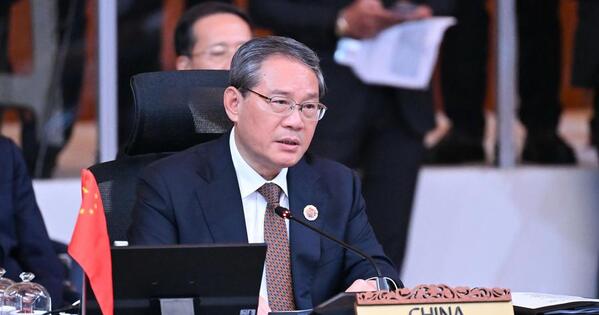Copyright scmp

As US President Donald Trump and Chinese President Xi Jinping attempt to stabilise US-China trade relations on Thursday, a major problem unlikely to go away, no matter what the outcome, is the disjointed signalling and mixed messaging coming out of Washington, undercutting trust and confidence that any deal will even be implemented, say analysts and former officials. While governments worldwide face coordination problems, experts say the Trump administration is particularly prone to this. Also adding to concerns are the very differing approaches of the Trump and Xi administrations, they add. “Nobody knows what the policy will be from day to day, what’s true today will not be true tomorrow,” said Jeffrey Moon, founder of consultancy China Moon Strategies, formerly with the National Security Council. “How do you negotiate with that?” Personality is part of the equation. Trump tends to bristle at process, coordination or being “managed”, and proudly touts his ability to go with his “gut”, often leaving little room for the vetting, debate and reviews that have regularly made past US policy more consistent. Meanwhile, the president’s selective focus and quick turnarounds provide latitude for other cabinet members – many with a far more hardline take on China and adjacent issues – to pursue their own agendas. “The president has a short attention span, everyone knows that,” said Dennis Wilder, a Georgetown University professor formerly with the CIA. “You’re not going to be giving him a detailed briefing.” “The president certainly doesn’t read stuff,” he added. “He’s getting his information ad hoc … It’s whoever comes into his office.” This can lead to a significant disconnect, analysts said. In September, even as Trump was strong-arming foreign governments to invest billions in the United States, US immigration agents swooped. They detained nearly 500 workers building a Hyundai-LG Energy battery plant in Georgia. This exposed two different versions of Trump’s “America first” agenda, the blue-collar job expansion the president promoted and the zero-tolerance, anti-immigrant focus favoured by even as presidential immigration adviser Stephen Miller. “The raid in Georgia is a clear case where the left hand didn’t know what the right hand was doing,” said Matthew Goodman, a Council on Foreign Relations fellow formerly with the National Security Council. “The lack of coordination in the administration is a real problem.” A month earlier, Trump floated the idea of 600,000 Chinese students studying in the United States, a policy at odds with Miller or Secretary of State Marco Rubio, who had threatened to revoke Chinese student visas. Trump has also considered an inbound investment deal with China in the wake of Japan’s US$550 billion and South Korea’s US$350 billion proposals. This, however, comes shortly after an executive order he signed in February calling for an intensified review of Chinese investment in US technology, critical infrastructure, healthcare and raw materials. Personality clashes within the Trump administration may hinder negotiations Another factor is infighting. On September 29, when the US hugely expanded its sanctions on Chinese companies, estimated to increase them nearly 10-fold from 1,000, some wondered whether US Commerce Secretary Howard Lutnick had briefed Treasury Secretary Scott Bessent, who was negotiating with his counterpart, Chinese Vice Minister He Lifeng. “Not only don’t I think they coordinated, they hate each other,” said Wilder. “Lutnick wanted the Treasury job; he didn’t want Commerce.” “There are plenty of China hawks in the administration,” added Wilder. “Bessent is trying to negotiate, and all of a sudden these things pop out of nowhere and China reacts again.” Much of the machinery designed to foster coordination has been dismantled. The National Security Council, which traditionally protects the president in agency turf battles, has lost up to 160 staffers and two divisions, paving the way for freelancing in areas where the president is not focused. “You can disagree with the policy, but where are the people considering this from all angles?” said Moon, who cites a three-level review process when he was in government that allowed an informed president to make the call “as opposed to an emotional decision”. With limited trust or communication, problems can quickly compound. After the Commerce Department greatly expanded sanctions on Chinese companies, Beijing tightened exports of strategic rare earth minerals, setting off alarm bells globally, an angry response that analysts say Washington appeared not to anticipate. At one level, the Chinese believe they have figured Trump out, given his love of flattery, pomp, wealth and his tendency to make huge threats that he sometimes relents on relatively quickly. “That’s their view of Trump, how Trump’s mind works. He’s really simplistic, childish, difficult to maintain focus,” said Jeremy Chan, analyst with the Eurasia Group. “But the Chinese look at the policymaking process in the US right now with complete bafflement. There are a lot of things happening that Trump does not even seem to be involved in.” This can affect the dynamic of negotiations. “They have to meet with him because he’s the Xi Jinping of the US,” added Chan, a former diplomat in the US consulate in Shenyang. “But the Chinese government feels that you can’t really take Trump’s word for anything.” Has Trump’s lack of coordinated strategy left Beijing unsure of what to do next? However, analysts also note signs of miscoordination in Beijing as it is tossed out of its comfort zone by the American president. Trump’s pace and turnarounds are daunting for Beijing, which much prefers stability, careful preparation and known outcomes planned over time, analysts said. They say that conversations with Chinese counterparts suggest Beijing thinks the US is going through some version of a cultural revolution or societal blow-up, even as they wonder if this is a three-year anomaly or a deeper reordering of global rules. It is also unclear, particularly in China’s more opaque system, whether its foreign ministry was consulted by the Ministry of Commerce when it rolled out rare earth restrictions, forcing China to urgently consult scores of trading partners in the middle of the fourth plenum. “Did they actually anticipate what the reaction would be when they wanted to get Trump’s attention?” said Bonnie Glaser, managing director with the German Marshall Fund of the US. “Both sides are taking actions where they don’t fully understand how the other side is going to respond.” Added Wilder: “The dumbest thing Beijing could do is internationalise the trade to speak with the United States, and that’s what this document did.” Trump, meanwhile, in another feint, announced last week he was cutting off all trade with Canada. “That’s ridiculous,” said Moon. “We all know he’s going to take a deep breath, that we need to talk to Canada. It’s one of our biggest partners. This will cripple the auto industry.” Yun Sun, senior fellow at the Stimson Centre, who just returned from China, said Beijing attributes the Washington administration’s mixed messaging to internal competition. “I heard this repeatedly when I was in Beijing. Their question is, did Trump even know this? Did Trump even know that Lutnick was going to do this?” But she believes it may be part of a broader US strategy to keep Beijing off balance. “There is a tendency on the US side to explore new areas, to push China, to identify new issues and new pushbacks,” she said. “He doesn’t really care to know the details; rather, that’s different from him not having control over the details by choice.” Perhaps the most fundamental issue, analysts said, is that the Trump administration still lacks an overarching vision to guide its approach to the Asian giant. “The problem is that the American system has not come to a China policy under Trump,” said Wilder. “There are lots of China policies.”



